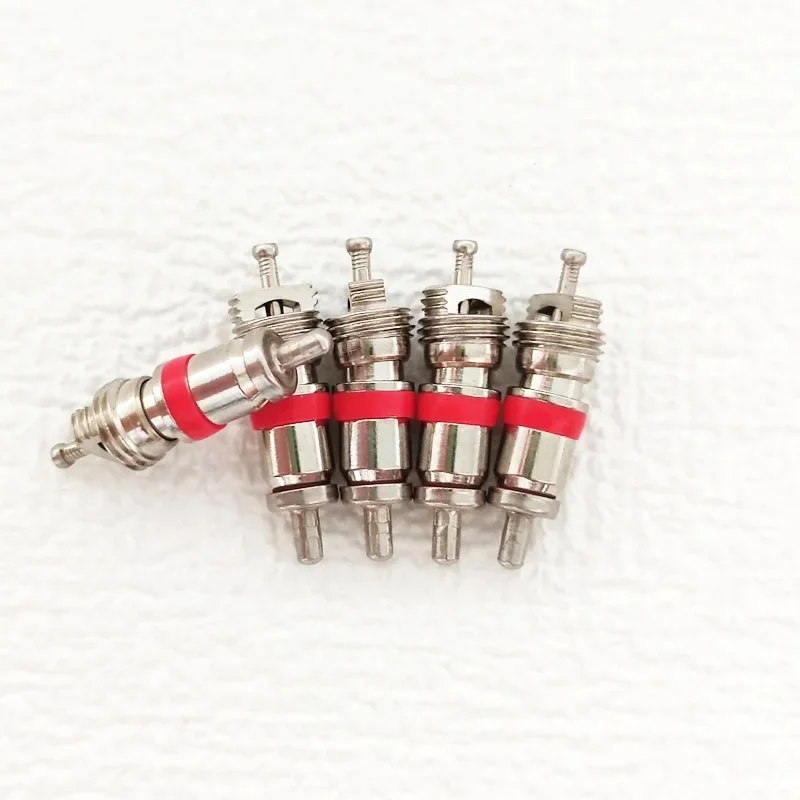When it comes to maintaining an efficient air conditioning system, selecting the right valve core is crucial. Valve cores play a vital role in regulating refrigerant flow and ensuring optimal performance of your AC unit. In this guide, we will explore the key factors to consider when choosing a valve core, with a focus on TOPSUN's high-quality air conditioning valve cores.

1. Understand the Different Types of Valve Cores
There are several types of valve cores available, each designed for specific applications. The most common types include:
- Schrader Valve Cores: Typically used in automotive and HVAC applications, these cores are essential for refrigerant charging and pressure measurement.
- Service Valve Cores: These are used in refrigeration systems to control the flow of refrigerants during maintenance and repairs.
For example, TOPSUN's AC06 valve core features an 8V1 thread and is compatible with R134a refrigerant, making it suitable for various air conditioning systems.
2. Consider the Working Medium
Ensure that the valve core you choose is compatible with the refrigerant used in your air conditioning system. For instance, TOPSUN's valve cores are designed to work with R134a and refrigeration oil, providing reliable performance under specified conditions.
3. Check Temperature and Pressure Ratings
Different valve cores have varying temperature and pressure ratings. It is essential to select a valve core that can withstand the operating conditions of your air conditioning system. For example, the TOPSUN AC06 valve core has a working temperature range of -30℃ to +120℃ and a pressure range of 0 to 5.3 MPa, making it suitable for most residential and commercial applications.
4. Look for Quality Materials
The materials used in the construction of valve cores significantly affect their durability and performance. High-quality materials such as HNBR or Teflon for seals and gaskets can enhance resistance to wear and tear, ensuring longevity. TOPSUN’s valve cores utilize Teflon seal rings for improved sealing performance.
5. Installation Torque Specifications
Each valve core comes with specific installation torque requirements that should be adhered to during installation. For instance, TOPSUN’s AC06 model specifies an installation torque range of 0.40 N·m to 0.80 N·m. Following these specifications helps prevent damage during installation and ensures proper sealing.
6. Packaging and Quantity
Consider how many valve cores you need for your project or repair work. TOPSUN offers packaging options such as 1000 pieces per plastic bag, making it convenient for bulk purchases or larger installations.
7. Availability and Supplier Reliability
When choosing a valve core, ensure that it is readily available from a reliable supplier. TOPSUN provides various models, including AC01 through AC07, all designed to meet different requirements in air conditioning systems.
Conclusion
Choosing the right valve core for your air conditioning system is essential for maintaining efficiency and reliability. By considering factors such as type, compatibility with refrigerants, temperature and pressure ratings, material quality, installation torque specifications, packaging options, and supplier reliability, you can make an informed decision.
For high-quality air conditioning valve cores that meet your needs, consider TOPSUN as your trusted partner. With our commitment to quality and performance, we provide solutions that ensure optimal operation of your air conditioning systems. If you have any questions or need assistance in selecting the right valve core for your application, feel free to reach out!
